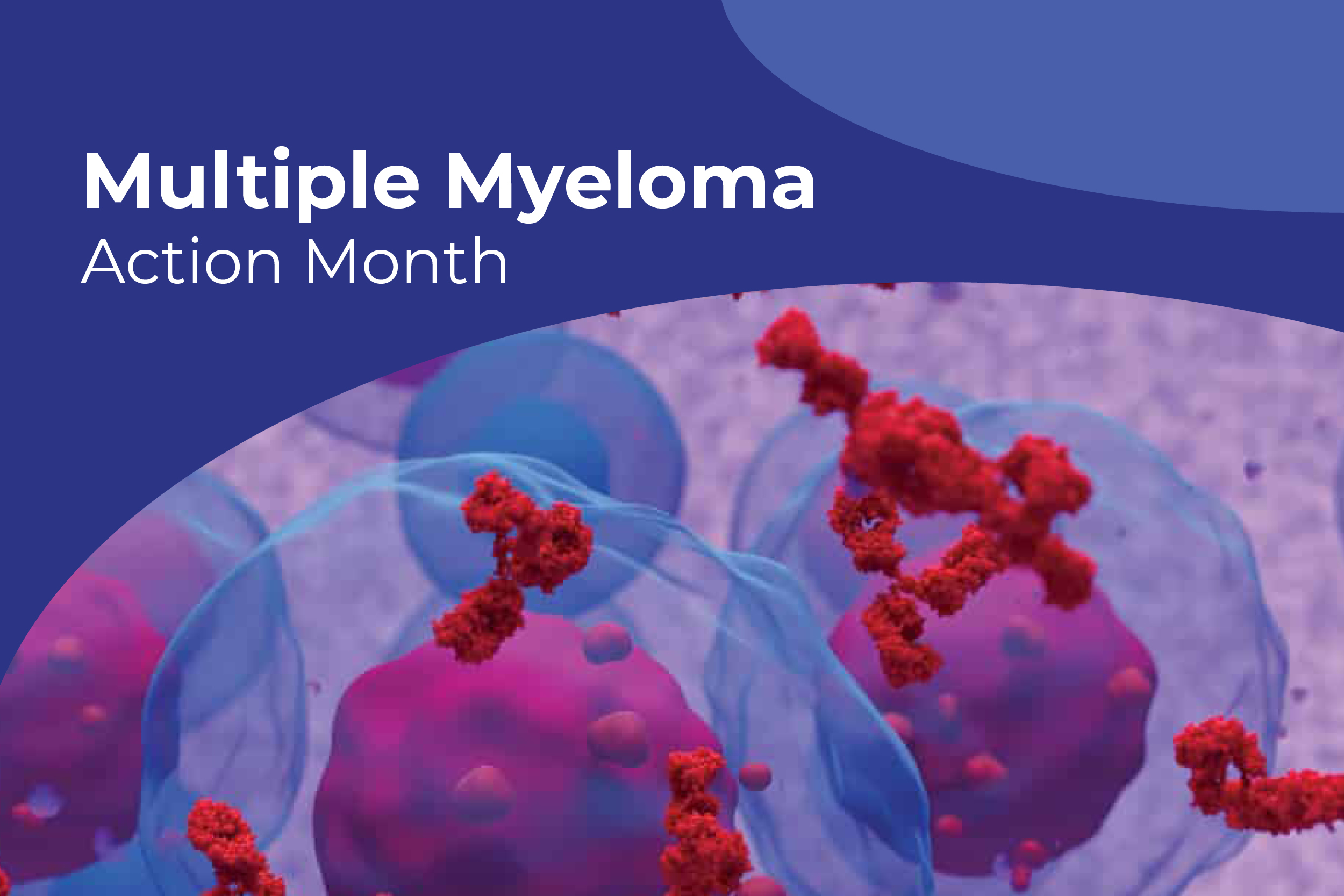Multiple myeloma is a type of cancer that affects the plasma cells, which are found in the bone marrow. It is a challenging disease to treat, but there have been significant advancements in the field of myeloma treatment and management. As we approach Myeloma Action Month in March, it is important to highlight the progress that has been made in the fight against this disease.
Immunotherapy
One of the most exciting developments in myeloma treatment is the rise of immunotherapy. Immunotherapy is a type of treatment that uses the body's immune system to fight cancer. The FDA has approved several immunotherapy drugs for the treatment of myeloma, including daratumumab and elotuzumab. These drugs work by targeting specific proteins on the surface of myeloma cells, which helps the immune system recognize and destroy the cancer cells.
Targeted therapy
Targeted therapy has also emerged as a promising option for myeloma treatment.
Targeted therapy is a type of treatment that uses drugs to target specific proteins or genes that are involved in the development and growth of cancer cells. The FDA has approved several targeted therapy drugs for the treatment of myeloma, including bortezomib, carfilzomib, and ixazomib. These drugs work by blocking the activity of specific proteins that are overactive in myeloma cells, which helps to slow or stop the growth of cancer cells.
CAR-T cell therapy
CAR-T cell therapy is another exciting development in myeloma treatment that involves modifying a patient's own immune cells to recognize and destroy cancer cells. The FDA has approved a CAR-T cell therapy called idecabtagene vicleucel (Abecma) for the treatment of relapsed or refractory myeloma. This therapy involves removing immune cells from the patient's blood, modifying them in the laboratory to recognize myeloma cells, and then infusing the modified cells back into the patient's body.
Stem cell transplant
Stem cell transplant is a treatment that involves replacing the patient's diseased bone marrow with healthy stem cells. There are two types of stem cell transplant: autologous and allogeneic. Autologous stem cell transplant involves using the patient's own stem cells, while allogeneic stem cell transplant involves using stem cells from a donor. Stem cell transplant is often used in combination with other treatments, such as chemotherapy or radiation therapy.
Supportive care
In addition to these treatment options, there are also several supportive care measures that can help manage the symptoms and side effects of myeloma. These include pain management, nutrition therapy, physical therapy, and counseling or support groups.
In recent years there have been significant advancements in the treatment and management of myeloma. With the development of new therapies and the refinement of existing treatments, the outlook for patients with myeloma continues to improve. As we continue to make progress in the
fight against myeloma, it is important to raise awareness and support research for this disease. Myeloma Action Month in March provides an opportunity to educate the public about the impact of myeloma.
If you or a loved one has been diagnosed with myeloma, contact Astera Cancer Care today. Our providers will discuss all of the available treatment options and help determine the best course of action for your specific situation.

